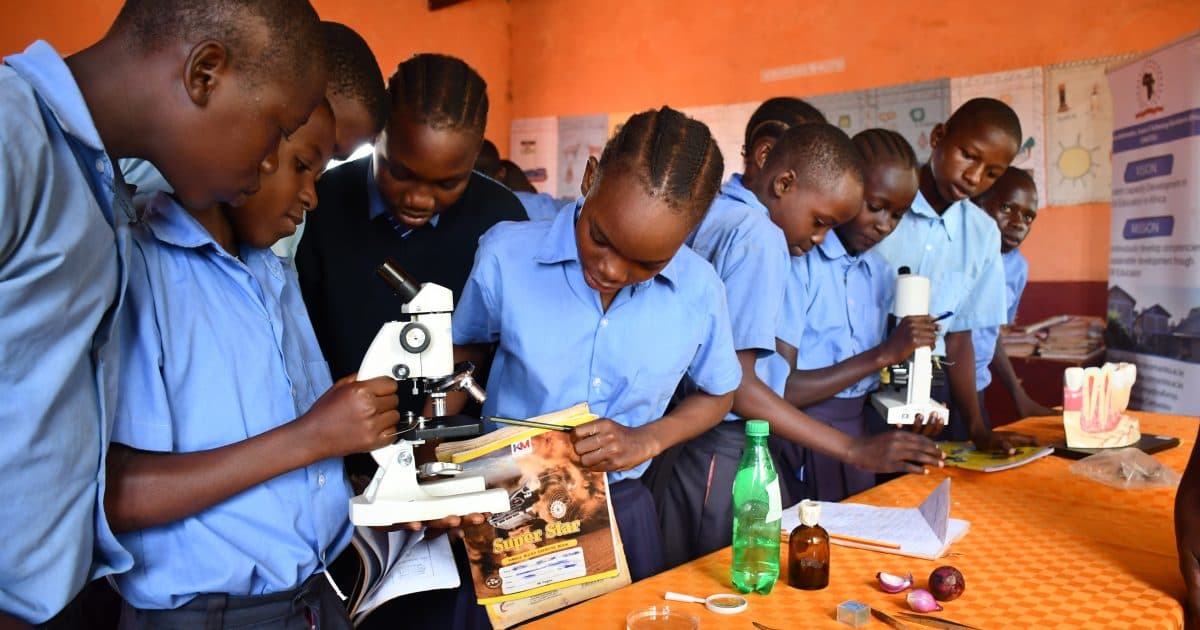We're loading the full news article for you. This includes the article content, images, author information, and related articles.
Kenya's shift to the Competency-Based Curriculum marks the end of high-stakes exams at the primary and junior school levels, with the government replacing certificates with detailed performance reports to foster continuous learning and reduce unhealthy competition.

Learners who completed the Kenya Primary School Education Assessment (KPSEA) for Grade 6 and the inaugural Kenya Junior School Education Assessment (KJSEA) for Grade 9 will not receive traditional certificates, the Ministry of Education has affirmed. Instead, they will be issued with comprehensive reports detailing their competencies. This marks a significant policy shift from the 8-4-4 system, aiming to de-emphasise high-stakes, one-off examinations in favour of a continuous assessment model.
The decision, announced as over 3.4 million candidates sat for national assessments in October and November 2025, is a core feature of the Competency-Based Curriculum (CBC). According to Education Cabinet Secretary Julius Ogamba, the move is intended to reduce the intense pressure and competition associated with the former Kenya Certificate of Primary Education (KCPE). The new system focuses on tracking a learner's progress over time rather than a single summative score. "This approach provides a clearer transition to universities and tertiary institutions than the 8-4-4 model,” the CS stated on Wednesday, October 29, 2025.
Under the new framework, the assessments at Grade 6 and Grade 9 serve as diagnostic tools rather than final judgments. The KPSEA, which replaced the KCPE, is used to monitor learning progress and provide feedback to students, teachers, and parents on areas of strength and weakness. Similarly, the KJSEA is the first national assessment for the pioneer CBC cohort at the end of junior school. Its results are not meant for ranking but to guide placement into the three senior school pathways: Arts and Sports Science; Social Sciences; and Science, Technology, Engineering, and Mathematics (STEM).
The final score for placement into senior school is a composite. The KJSEA summative assessment accounts for 60% of the final mark. The remaining 40% is derived from school-based assessments, including projects and other formative tests conducted in Grades 7, 8, and 9. This integrated model, as explained by Kenya National Examinations Council (KNEC) CEO Dr. David Njeng'ere, provides a more holistic view of a learner's abilities. "We are moving away from the exam-oriented culture to one that nurtures critical thinkers,” Dr. Njeng'ere said.
In place of a certificate, Grade 6 learners will receive a transition report that describes their performance across various learning areas. Grade 9 learners will be issued a more detailed transcript at the end of junior school. These documents will not feature traditional grades like A, B, or C, but will use descriptors such as 'Exceeding Expectations', 'Meeting Expectations', and 'Approaching Expectations' to provide a qualitative analysis of a student's mastery of competencies.
The detailed scores will be shared exclusively with the Ministry of Education for placement purposes, a move designed to prevent the public ranking of schools and students that characterized the KCPE era. Certification will only be issued at the end of senior school (Grade 12), which will be known as the Kenya Certificate of Basic Education (KCBE). This final certificate will be based on the learner's chosen specialization pathway.
This policy shift has significant implications for parents, teachers, and learners across Kenya. The primary goal is to create a less stressful learning environment that values skill acquisition and practical application over rote memorization. By eliminating certificates at these early stages, the Ministry of Education aims to foster a culture of lifelong learning and reduce the stigma of perceived failure among young students.
The inaugural KJSEA for 1.13 million learners and the third KPSEA for 1.29 million learners began on Monday, October 27, 2025, and ran concurrently with the Kenya Certificate of Secondary Education (KCSE) examinations. KNEC has implemented stringent measures to ensure the credibility of the assessments, including the separate collection of morning and afternoon papers and strict protocols on mobile phone usage in examination centres. As Kenya fully transitions to the CBC, the focus remains on whether this new assessment model will successfully nurture competent, innovative, and confident learners prepared for future challenges.
Keep the conversation in one place—threads here stay linked to the story and in the forums.
Sign in to start a discussion
Start a conversation about this story and keep it linked here.
Other hot threads
E-sports and Gaming Community in Kenya
Active 9 months ago
The Role of Technology in Modern Agriculture (AgriTech)
Active 9 months ago
Popular Recreational Activities Across Counties
Active 9 months ago
Investing in Youth Sports Development Programs
Active 9 months ago